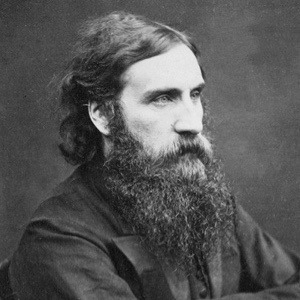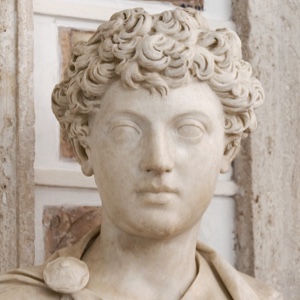We are more closely connected to the invisible than to the visible. Novalis (1772 – 1801)


We are more closely connected to the invisible than to the visible. Novalis (1772 – 1801)

Thou art my life: I the brook, thou the spring. George MacDonald (1824 – 1905)

Time, force, and death, Do to this body what extremes you can; But the strong base and building of my love Is as the very centre of the earth, Drawing all things to it. William Shakespeare (1564 – 1616)

Happiness is no other than soundness and perfection of the mind. Marcus Aurelius (121 – 180)

As the great ocean has only one taste, the taste of salt, so my doctrine has only one flavor, the flavor of emancipation. Buddha (circa 560 – 483 B.C.E.)

Let no man think lightly of good, saying in his heart, “It will not benefit me.” As by the falling of raindrops a jar of water is filled, so the wise man becomes full of good, even though he collects it little by little. Buddha (circa 560 – 483 B.C.E.)

What is your aim? To be good? And how is this accomplished except by general principles, some about the nature of the universe, and others about the proper constitution of man. Marcus Aurelius (121 – 180)

You who suffer from the tribulations of life, you who have to struggle and endure, you who yearn for a life of truth, rejoice at the glad tidings! There is balm for the wounded, and there is bread for the hungry. There is water for the thirsty, and there is hope for the despairing. There is light for those in […]

The world is built for the truth, but false combinations of thought misrepresent the true state of things and bring forth errors. Errors can be fashioned as it pleases those who cherish them, therefore they are pleasant to look upon, but they are unstable and contain the seeds of dissolution. Truth cannot be fashioned… Truth is the essence of life… […]

I have given you the refreshing drink called the perception of truth, and he who drinks of it becomes free from excitement, passion, and wrong-doing. Buddha (circa 560 – 483 B.C.E.)